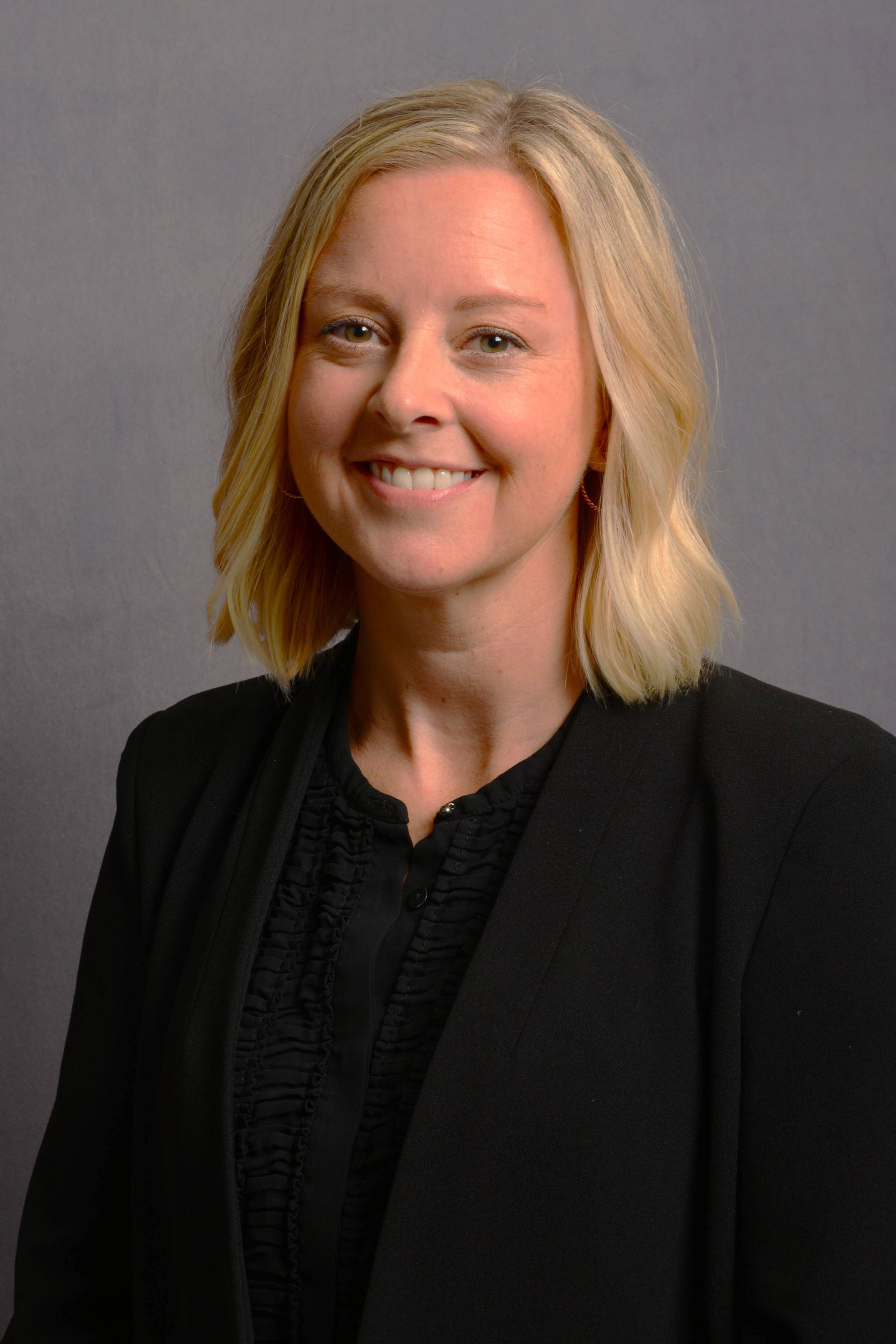Nov 12, 2021, 08:14 AM
by
Heidi Gant, INFB Marketing Team
Indiana Farm Bureau recently approved the organization’s policy priorities for the upcoming 2022 legislative session. The priorities will focus on three general topic areas: rural viability, energy policy and taxes.
Contact:
Heidi Gant
317-692-7828 (office)
317-966-3719 (cell)
hgant@infb.org
(Indianapolis) – Nov. 12, 2021 – Indiana Farm Bureau recently approved the organization’s policy priorities for the upcoming 2022 legislative session. The priorities will focus on three general topic areas: rural viability, energy policy and taxes.
Today, at the invitation of the Indiana State Department of Agriculture (ISDA), INFB’s public policy team joins other executives of Indiana’s agricultural organizations to discuss these topics for the 2022 session of the General Assembly. INFB leaders and staff will then meet with legislators to discuss the key issues at INFB’s annual Organization Day Breakfast held at the Indiana Statehouse Tuesday, Nov. 16.
“The goal this year is to look more long-term at priority areas that impact our members,” said Randy Kron, INFB president. “Through our policy development process, which starts at each county Farm Bureau, our members identified the issues of most concern now, as well as in the future. This year, we are looking at those overarching issues that will impact members and their rural communities.”
The priorities identified by INFB include the following topics:
Rural viability
As more people migrate to suburban and urban centers, finding ways to keep communities prospering.
This priority focuses on working with members in rural communities to help find solutions to many of the challenges facing rural Indiana, such as lack of or insufficient broadband, need for increased workforce development and improved rural public health.
“Our members were successful in getting major legislative issues through the general assembly last year,” said Andy Tauer, INFB executive director of public policy. “For example, we were able to get the expansion of funding for rural broadband to unserved and underserved Hoosiers in several pieces of legislation during last year’s session.
Tauer continued, “This year, we want to take it a step further to make sure those strategic broadband investments make it to those unserved and underserved communities. We also want to collaborate with groups looking to solve other challenges for our rural communities whether that’s in terms of education, early career development opportunities, infrastructure or regulatory issues that impact members.”
Energy policy
Working to find an all-of-the-above energy and climate strategy for Indiana in terms of carbon markets, electric generation and liquid transportation fuels.
With the push for more electric vehicles, INFB believes conversations and policies that keep Hoosier-grown liquid fuels as part of the energy mix will be essential to farmers.
INFB will also advocate for the evolution of carbon markets to find ways for all farmers adopting conservation and innovative farming practices to participate in programs.
Tax policy
Finding tax policies that are fair and equitable for all INFB members.
In addition to federal tax policy, such as protecting the step-up in basis, capital gains and estate tax exemptions, INFB advocates for affordable and equitable growth in local tax base and local school funding alternatives.
“At state and local levels, we are always thinking about how to fund rural schools, fire protection and other safety issues that are important to our members,” Tauer said.
INFB’s policy creation process begins with each county Farm Bureau. All counties have the opportunity to make policy suggestions for the upcoming year. Then the recommendations are brought before a resolutions committee to be considered before they reach the INFB delegate session, which was held on Aug. 28 and consisted of 225 member representatives. After the delegate session, the INFB board of directors identified the key issues INFB members and staff will focus on at the Statehouse.
When the 2022 session of the Indiana General Assembly begins in January, INFB members will continue to visit with their legislators to advocate for this year’s policy positions.
###
About Indiana Farm Bureau: For more than 100 years, Indiana Farm Bureau (INFB) has promoted agriculture in Indiana through public education, member engagement, and by advocating for agricultural and rural needs. As the state’s largest general farm organization, INFB works diligently to ensure a farmer’s right to farm—protecting the livelihood, land, equipment, animals and crops of Hoosier farmers—because agriculture is vital to Indiana’s economy. Learn more at INFB.org












Collegiate Farm Bureau at Purdue
Collegiate Farm Bureau at Vincennes
Collegiate Farm Bureau at Huntington
@FarmBureau
@AITCTweets